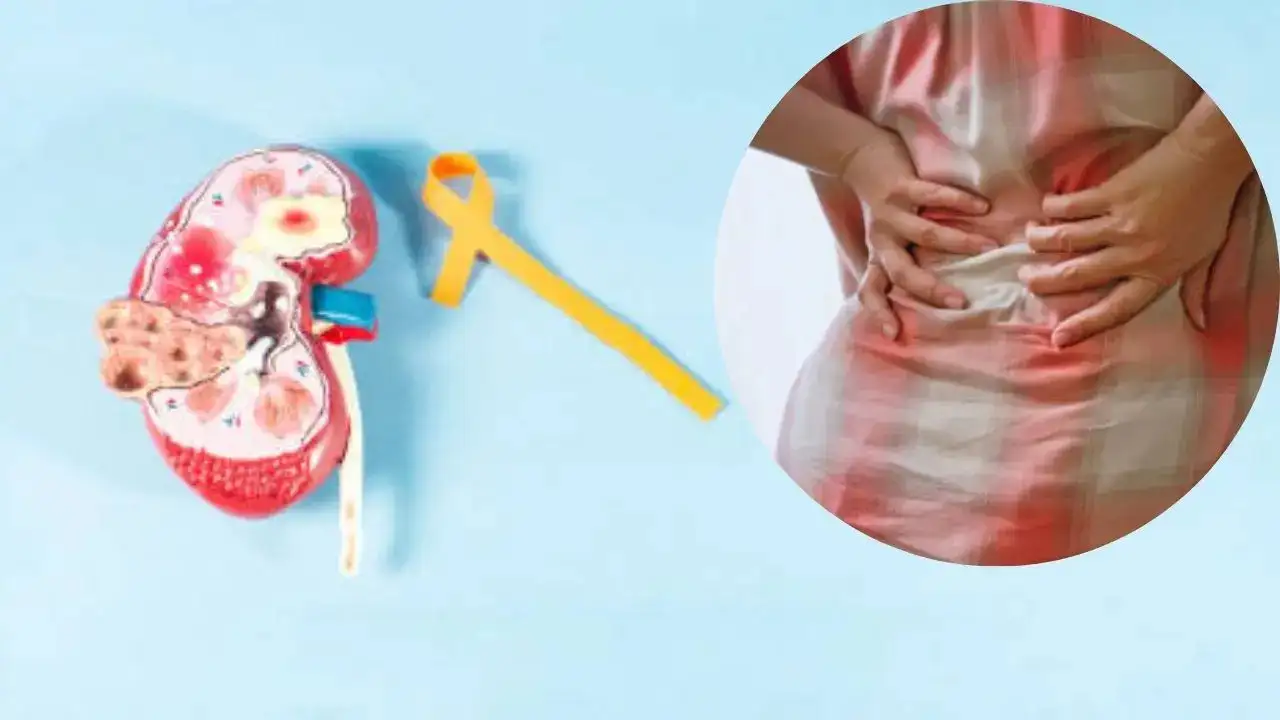
With nearly 80 per cent of kidney disease patients remain undiagnosed, experts weigh in on the importance of early detection
Kidney cancer is often known as a “silent killer” because its symptoms usually appear only in the later stages – when it becomes incurable. According to experts, delays in diagnosis and treatment lead to many losing their previous lives to this deadly disease. However, many youngsters—who are seeing a sharp rise in the number of kidney cancer cases—fail to notice early signs.
Doctors say many are left with only two options towards the end stage of renal disease—transplants and dialysis. However, both of the options are highly expensive, and misconceptions and delays often cost lives. With nearly 80 per cent of kidney disease patients undiagnosed, experts weigh in on the importance of early detection, the dangers of hypertension and diabetes, and how lifestyle choices like alcohol consumption and obesity impact kidney health.
What is kidney cancer?
Also known as renal cancer, this deadly condition happens when there is abnormal growth of cells in your kidney tissues. In time, these cells form a mass known as a 'tumour'. Cancer begins when something triggers a change in the cells, and they divide out of control. A cancerous or malignant tumour spreads to other tissues and vital organs, leading to metastasis.
While experts say kidney cancer mostly affects those between the ages of 65 and 80 years, men are twice as likely as women to develop the disease. However, this cancer is much less common in children. Different types of kidney cancer, include:
- Renal cell carcinoma
- Transitional cell cancer
- Renal sarcoma
- Wilms' tumour
Early signs and symptoms of kidney cancer
According to experts, while kidney cancer may not produce any noticeable symptoms in its early stages, as the tumour begins to grow, you may feel something is not right in your body. However, a few early signs would include:
- Blood in your pee, also known as hematuria
- A lump or mass in your kidney area
-
Flank pain
- Tiredness and fatigue
- A general sense of not feeling well
- Loss of appetite
-
Weight loss
- Low-grade fever
- Bone pain
- High blood pressure
-
Anemia
- High calcium levels
What causes kidney cancer?
While the exact cause of kidney cancer is not known, doctors believe there are a few risk factors which include:
Smoking
Those who smoke are at a greater risk for this cancer
Obesity and being overweight
Extra flab and weight are among the biggest risk factors for kidney cancer
High blood pressure
According to doctors, hypertension is linked to an increased risk of kidney cancer.
Family history
Those who have family members with kidney cancer may have an increased risk of developing cancer themselves.
Radiation therapy
Doctors say women who have been treated with radiation for cancer of their reproductive organs may have a slightly increased risk of developing kidney cancer.
Long-term dialysis
Those who undergo the process of dialysis are at a high risk for this cancer, as it means their kidneys do not function properly.
